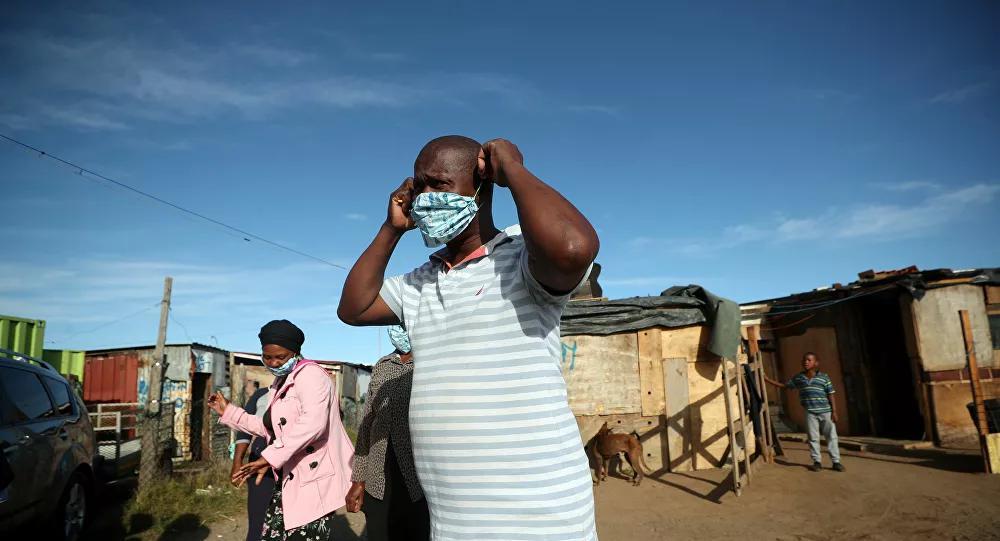UN, April 18 (Sputnik) - A new report from the United Nations Economic Commission for Africa (UNECA) cites modeling that suggests somewhere between 300,000 to 3.3 million people in Africa could die from the COVID-19 novel coronavirus due to most of the continent’s susceptibility for spreading the contagious disease.
While Africa has only reported around 18,000 confirmed cases of the novel coronavirus at this time, the UNECA-released report “COVID-19 in Africa: Protecting Lives and Economies” said “anywhere between 300,000 and 3.3 million African people could lose their lives as a direct result of COVID-19, depending on the intervention measures taken to stop the spread.”
The UNECA asserted that the continent provides a breeding ground for the novel coronavirus due to the fact that 56% of Africa’s urban population - excluding North Africa - is “concentrated in overcrowded and poorly serviced slum dwellings.” Additionally, the report noted that only 34% of those households “have access to basic hand washing facilities.”
According to the UN commission, Africa is weeks behind European countries when it comes to the COVID-19 outbreak and is far from seeing its peak.
The report also stressed that the economic impact of the novel coronavirus also “has the potential to push 27 million people into extreme poverty,” due to the fact that the markets of oil and tourism have been severely hit and governments are risking a loss of control.
UNECA estimates at least $100 billion will be required to “resource a health and social safety net response” and another $100 billion would be needed for the continent’s economic emergency stimulus.
In addition to the expected rise in novel coronavirus cases and deaths, the UN has also warned that the food security of some 25 million Africans is endangered by the current desert locust crisis.
Earlier this month, the UN Food and Agriculture Organization announced that east African countries suspected to be among those hit the hardest by the next wave of desert locusts have been experiencing issues with importing pesticides needed to keep their crops secure.
